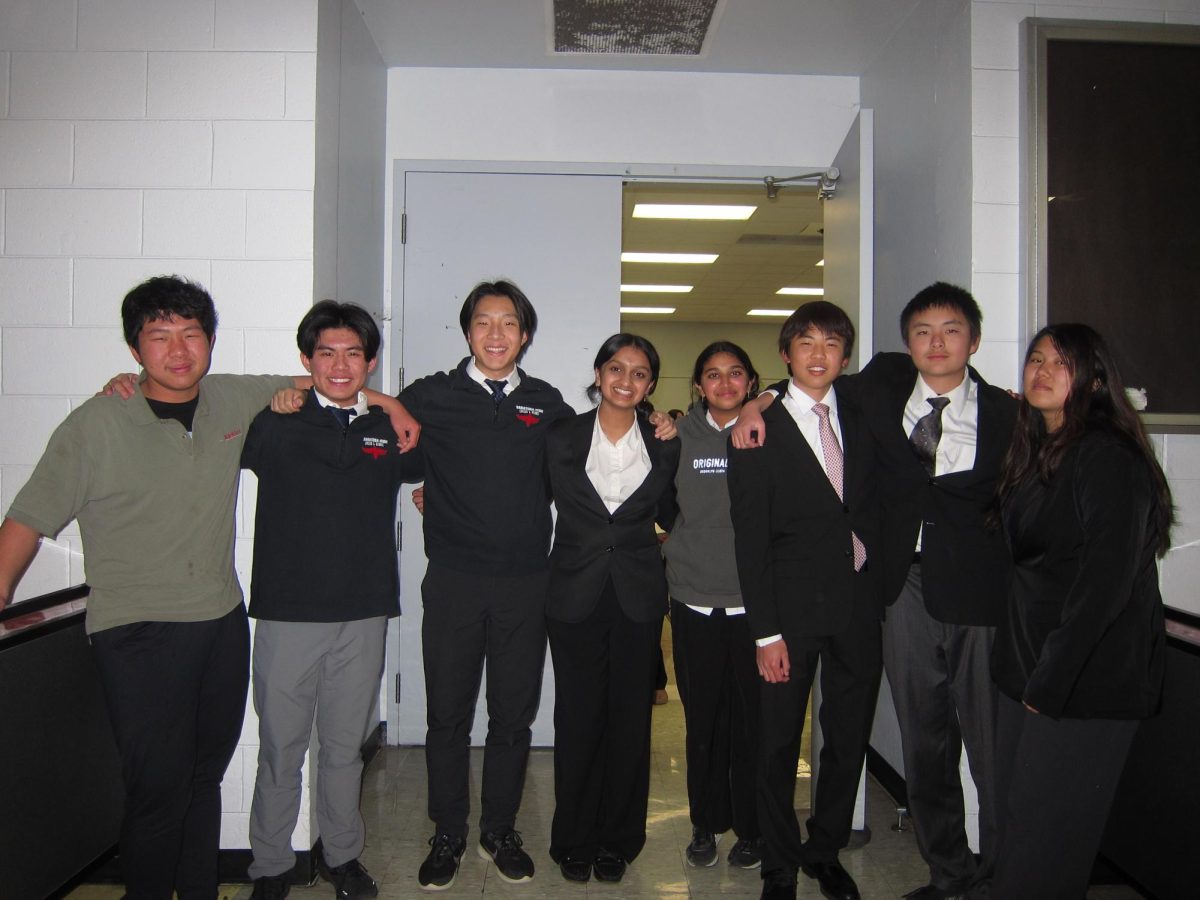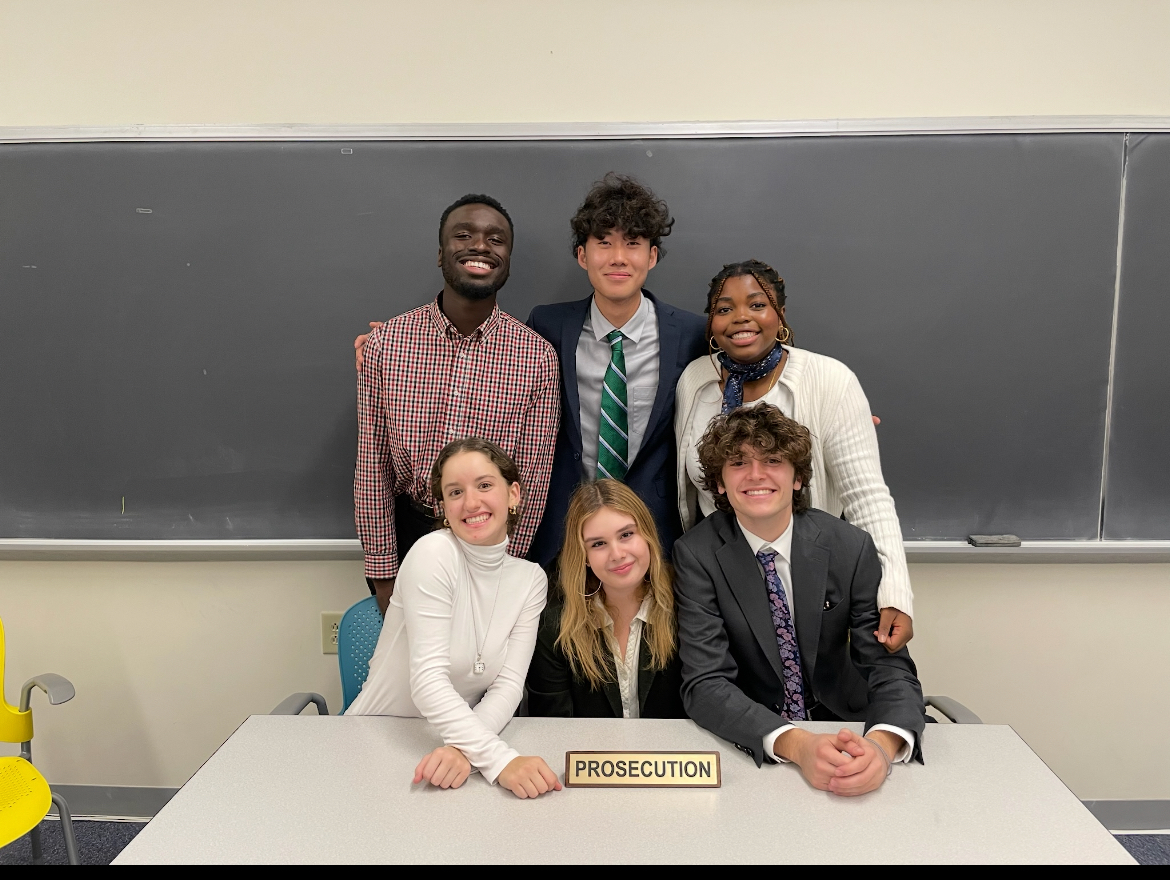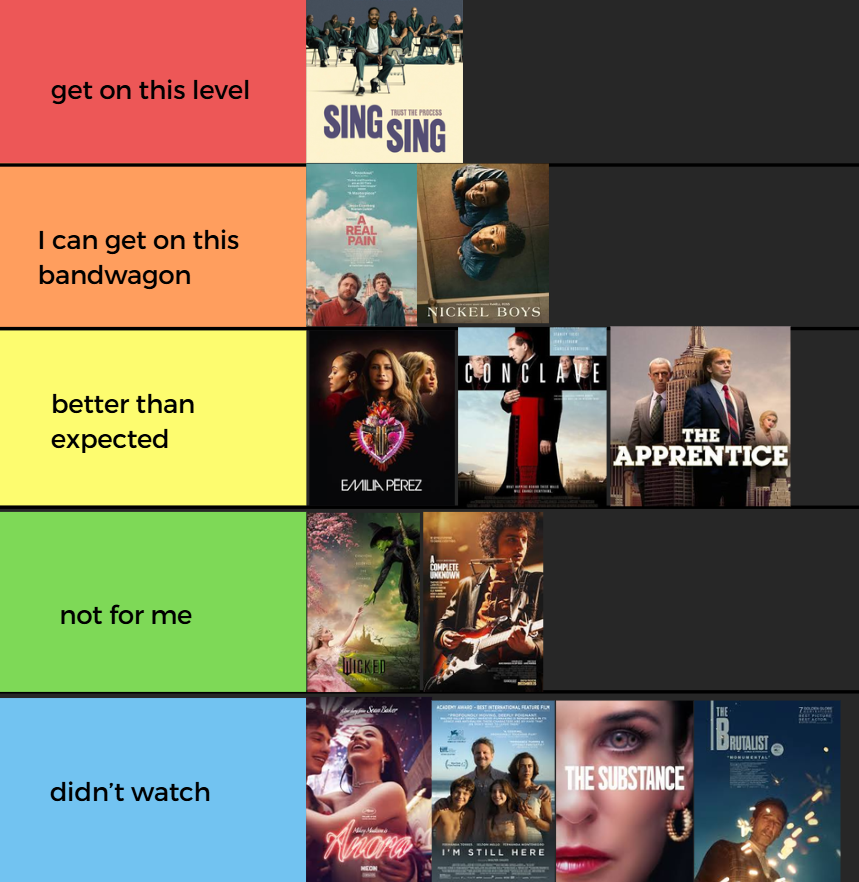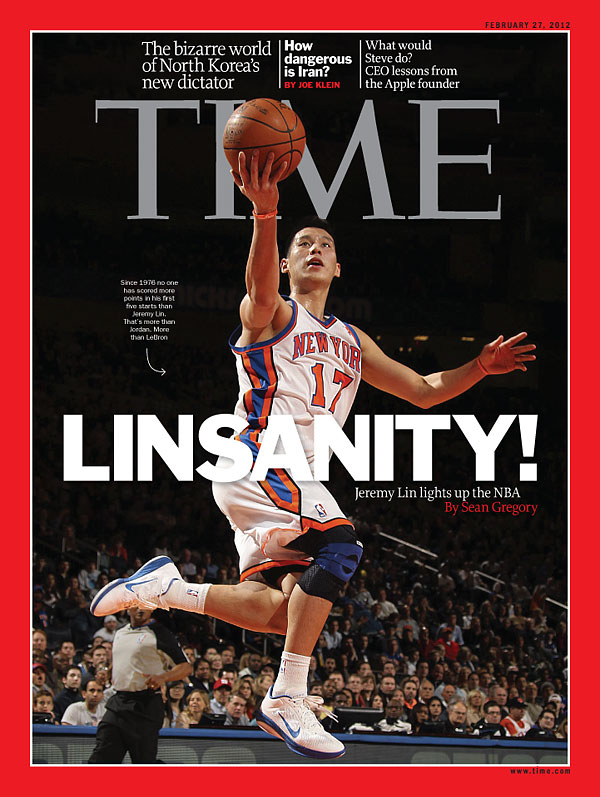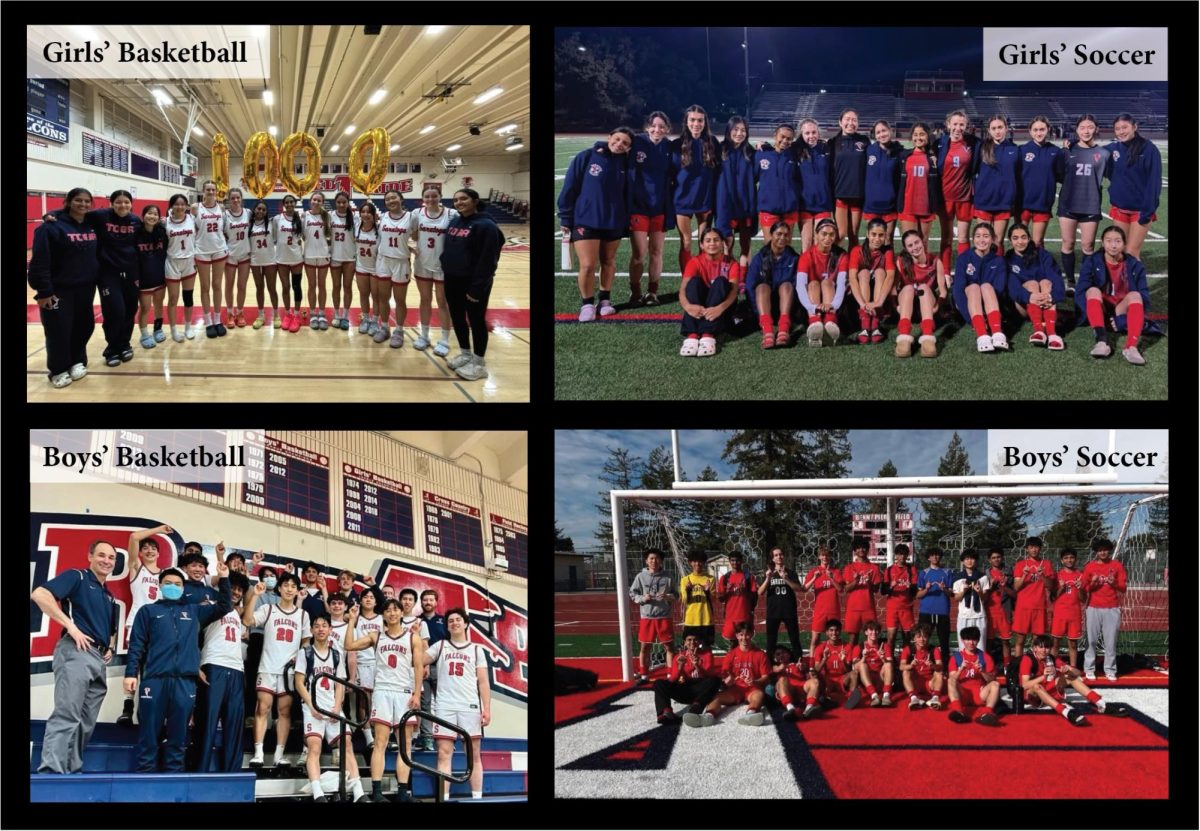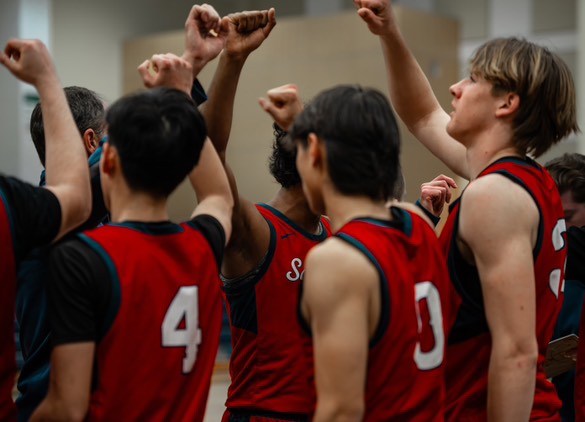In AP English Language and Composition teacher Jason Friend’s classroom, students engaged in a deep discussion about the morality of capital punishment. Senior Rohan Rao argued that capital punishment did not necessarily deter criminals from committing crimes, while others expressed the opposite opinion.
While this may appear to be a discussion more fitting in a law course, these types of discussions are actually quite common in the class — despite not directly relating to the topics on the official exam.
The school offers courses for 19 AP exams for the 2019-20 school year, ranging from AP Computer Science A to AP Music Theory. However, each teacher has the freedom to follow different approaches to preparing students for the AP exam.
For example, Friend said that his course does not primarily focus on preparing for the AP exam. Instead, he said that the knowledge students learn in every class should help them do well on the test.
“The AP Lang test essentially asks that students be prepared to analyze college-level nonfiction and to engage in college-level argumentation,” Friend said. “While none of the specific ‘content’ that I teach in my classes may appear on the AP Test — though it certainly has at times — we are constantly practicing the analytical and argumentative skills needed to do well on it.”
Rao said he feels that the course prepares students for the AP exam without revolving around the exam. He added that students are already quite prepared for part of the exam.
The school profile for 2019-2020 shows that all of the AP classes here yield high passing rates (scoring at least a 3) on AP exams. According to the profile, 100 percent of all AP Chinese Language and Culture test students passed, 95 percent of AP English Language and Composition students passed, 100 percent of AP Chemistry students passed and 98 percent of AP Biology students passed.
Rao feels that the lack of focus on the exam makes the course more interesting. He added that students do not have to do as much homework and or cover as much content because the class goes in-depth on the few topics it covers.
On the other hand, the AP Chinese Language and Culture class, taught by Mariam Fan, follows the AP exam’s topics more closely.
Fan said the course follows “recommended contexts” under the College Board’s course framework for AP foreign language courses. Those contexts are Personal and Public Identities, Science and Technology, Global Challenges, Families and Communities, Beauty and Aesthetics and Contemporary Life.
For example, the students are discussing the outbreak and effects of coronavirus, which goes under the Global Challenges section.
According to senior Nevin Liang, who takes AP Chinese, the course focuses on the four main sections of the AP exam: speaking, listening, reading and writing. For each section, students do practice problems on AP Classroom and activities, such as presentations about Career Day. They also learn about current events, knowledge that students frequently need to draw on for the speaking portion of the exam.
“We have a lot of character building activities that she makes us do, which actually helps us communicate better with each other and feel more comfortable conversing,” Liang said.
In the character-building activities, students also write about their personal “sources of strength,” improving their Chinese writing skills. Aside from those exercises, they write passages about current events and follow the AP standards for writing to improve their understanding of the Chinese language.
Liang thinks the AP foreign language courses prepare students on many topics that guarantee their success on the test. He said that the nature of these courses necessitates this form of teaching.
“We’ve done AP practice problems on AP Classroom,” Liang said. “What we learned in class suits the [AP exam requirements] pretty well.”


